SUMMARY
This is AI generated summarization, which may have errors. For context, always refer to the full article.
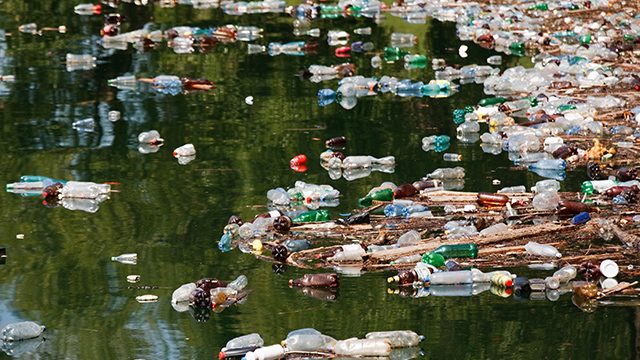
Global movement #BreakFreeFromPlastic said fast-moving consumer goods (FMCG) companies Universal Robina Corporation (URC), Nestle, and Colgate-Palmolive were the top 3 corporate plastic polluters in the Philippines in 2020, as shown in the Philippine version of the 2020 Brand Audit Report.
The 3 corporations’ packaging waste accounts for 46% of the total of 38,580 plastic items collected. Of this, 6,350 plastic items from URC were collected, 6,168 from Nestle, and 5,580 from Colgate-Palmolive.
The report also said 91% of the total collected plastics were non-recyclables, particularly sachets. “This figure proves that recent efforts by FMCGs to boost their so-called recycling efforts are completely useless in addressing plastic pollution in the Philippines,” the groups in the movement said in a statement on Saturday, March 20.
Local members of the #BreakFreeFromPlastic movement include the EcoWaste Coalition, Greenpeace, Interfacing Development Interventions for Sustainability, and Project Mariknows.
“The local results of the 2020 brand audit show not only the extent of the plastic pollution that local communities have to deal with, but more importantly, they also reveal the faces behind the pollution: corporations that until now have refused to own up to their responsibility by peddling false solutions to the plastic problem, and remain opaque in their plastics reporting,” Greenpeace campaigner Jefferson Chua said.
A brand audit refers to the counting, analyzing, and documenting of plastics, brands, and companies responsible for the plastic waste that end up in ecosystems, beaches, and urban centers. The audit took place from August to September 2020. In the Philippines, a total of 915 volunteers participated in 17 clean-up sites.
Call to ban single-use plastics
The groups also raised concern over companies’ continued reliance on “false solutions” to the plastic problem, such as banning plastic straws and stirrers, instead of investing in measures to phase out plastic production.
“These corporations have been consistent top polluters as well for the past two years, and have done nothing substantial to tackle plastic reduction at its source. Instead, they pursue programs that unfairly pass the responsibility to consumers,” Chua said.
Rather, the #BreakFreeFromPlastic movement says the passage of a comprehensive single-use plastic ban is an “essential policy tool” to stop plastic pollution.
There have been a lot of proposals made to tackle the country’s waste problem – from bills that seek to ban plastic straws and bags in restaurants and stores, to proposals to prohibit single-use plastics. But the country’s waste management system remains inefficient.
“While individuals and local government units are doing their part, the 18th Congress needs to step up its efforts by passing a comprehensive law banning single-use plastics in the Philippines. This policy can significantly advance other local efforts to preserve and protect our environment,” said Patricia Nicdao, policy and advocacy officer of EcoWaste Coalition. – Rappler.com
Add a comment
How does this make you feel?
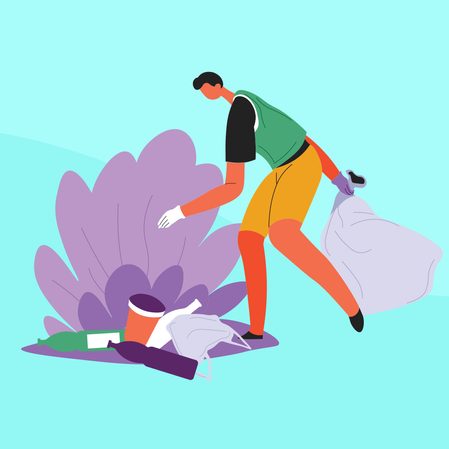

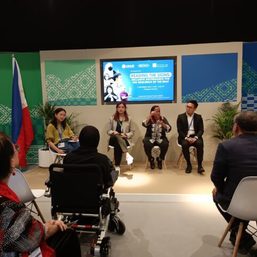
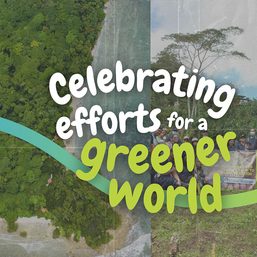
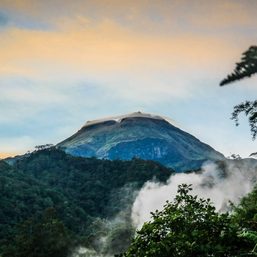
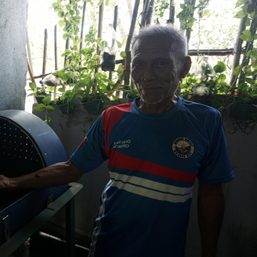
There are no comments yet. Add your comment to start the conversation.